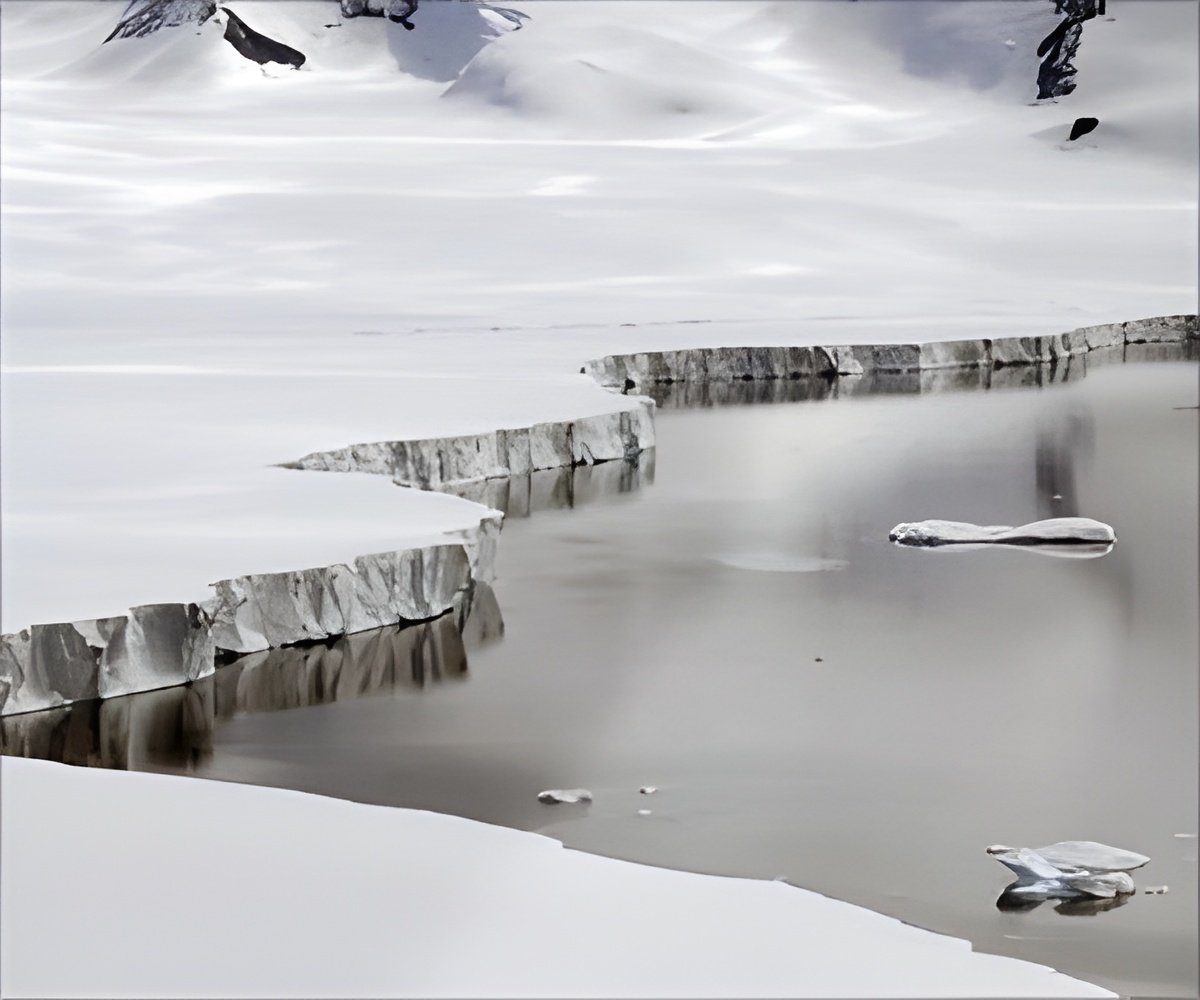The primary origin of Arctic pollution arises from the long-distance conveyance of pollutants from regions with lower latitudes.

The role of the Arctic Monitoring and Assessment Programme (AMAP) in reducing pollution of the Arctic and around the globe
Go to source). In a new article published in the journal Environmental Science and Ecotechnology, researchers from Arctic Knowledge Ltd, presents the initiation and implementation of a systematic scientific and political cooperation in the Arctic related to environmental pollution and climate change, with a special focus on the role of the Arctic Monitoring and Assessment Programme (AMAP).
AMAP's Innovative Approach: Scientific Expertise to Assess Arctic Pollutant Risks
AMAP's pioneering approach, with equal participation of indigenous peoples' organizations alongside Arctic states, seamlessly blending scientific and local knowledge in assessments, has been crucial in understanding the risks posed by persistent organic pollutants (POPs), mercury, radioactivity, and oil pollution, among others.‘Research uncovers the truth of pollutants, transported over long distances, making their way to the Arctic from diverse regions around the globe. #Pollution #ArcticPollution #Pollutants’





The far-reaching impacts of AMAP's scientific results are evident as its data played a key role in establishing international agreements like the UN Stockholm Convention on POPs and the UN Minamata treaty, resulting in reduced pollution levels not only in the Arctic but also globally. Additionally, AMAP's work has inspired initiatives beyond the Arctic, with ICIMOD establishing HIMAP based on AMAP's model in the Hindu Kush Himalaya (HKM) region. Furthermore, the proposal for the Antarctic Monitoring and Assessment Programme (AnMAP) seeks advice from AMAP, extending the program's influence beyond its original scope. Despite challenges in data sharing and accessing geographical areas for observations, AMAP remains steadfast in its commitment to enhance Arctic monitoring and research data accessibility for international networks and agreements. Given the rapid changes in the Arctic, AMAP's role in fostering continued collaboration and providing science-based policy advice has become more critical than ever. In this regard, AMAP stands as a powerful example of the potential of international cooperation in addressing global challenges and promoting peace and prosperity through science. Highlights
- AMAP has monitored and assessed Arctic pollution since 1991.
- AMAP data have been fundamental in developing international chemical regulations.
- Food advice has reduced contaminant exposure in local communities.
- Other monitoring and assessment frameworks have been developed after AMAP's model.
Reference:
- The role of the Arctic Monitoring and Assessment Programme (AMAP) in reducing pollution of the Arctic and around the globe - (https://www.sciencedirect.com/science/article/pii/S2666498423000674?via%3Dihub)















